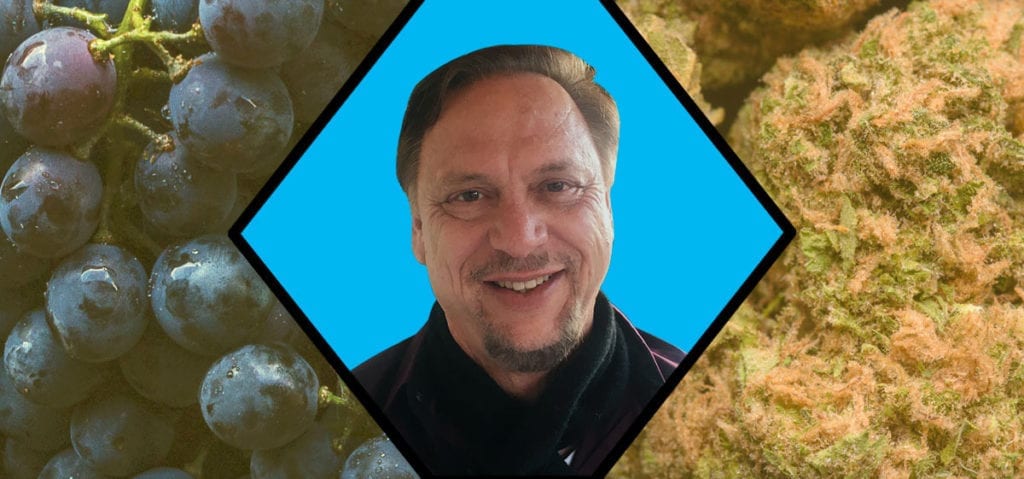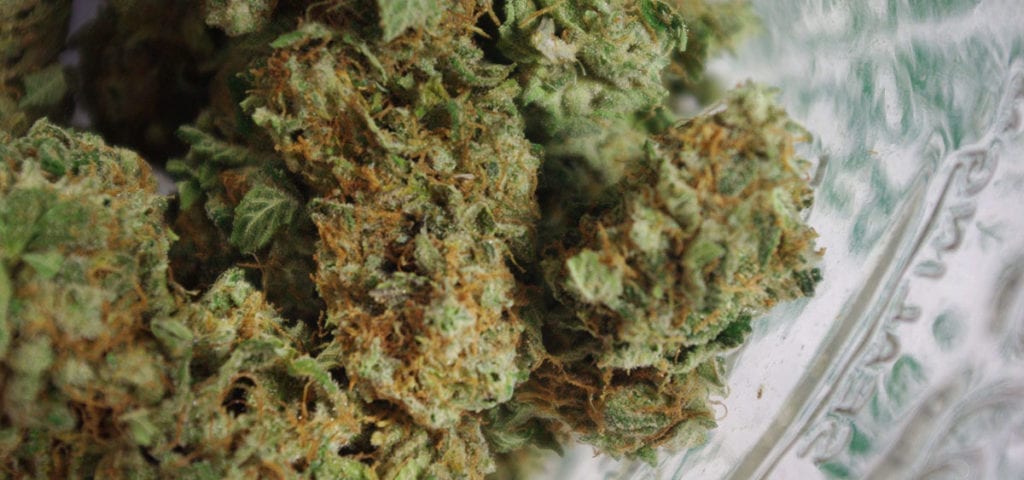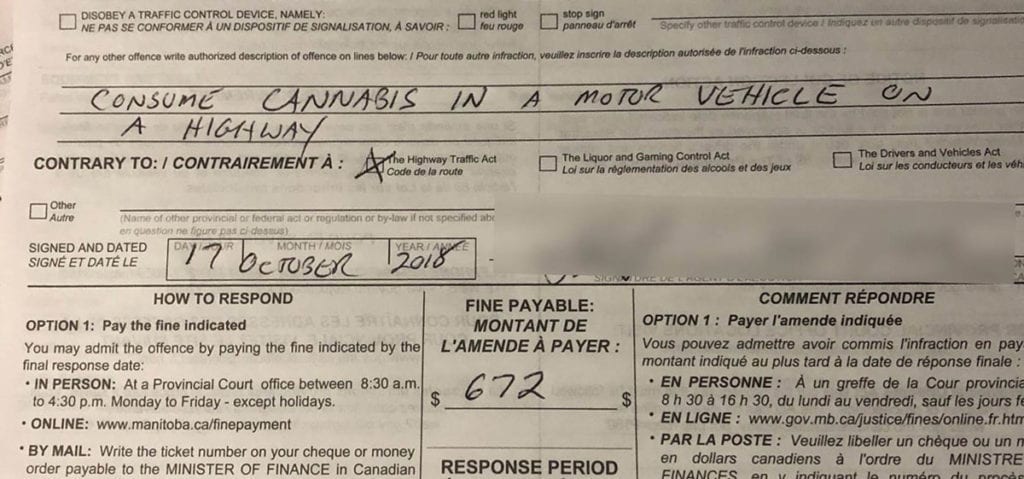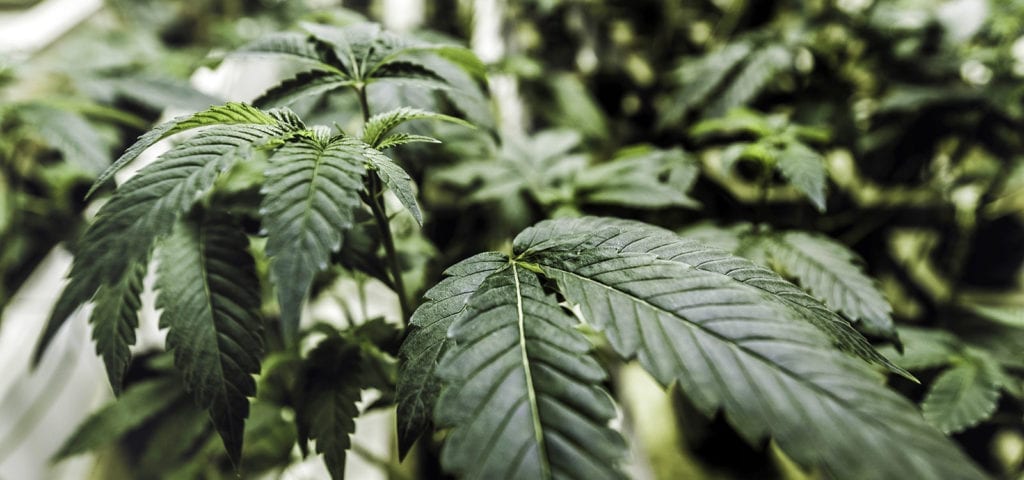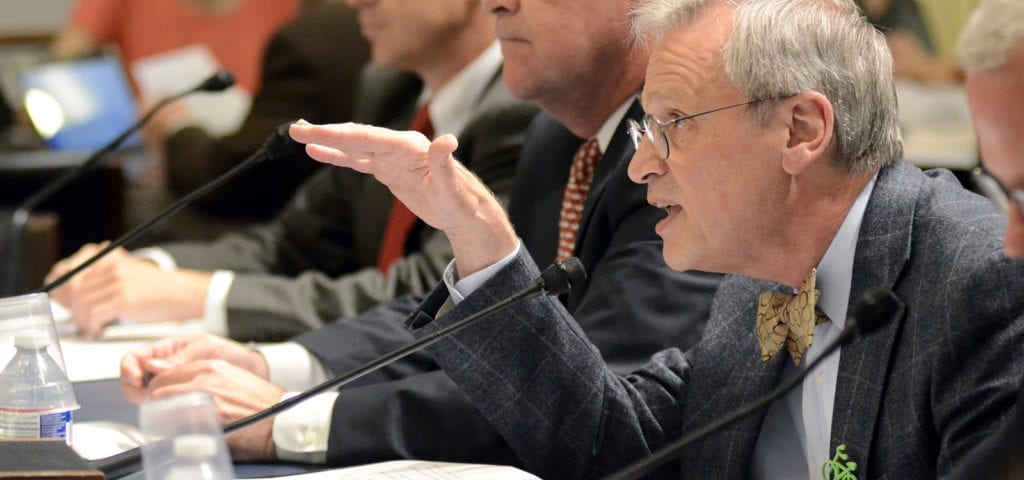Van Solkov is the owner and founder of Happy Travelers Tours, a cannabis industry tourism agency based out of Sonoma, California.
Van took some time recently to answer our questions and talk about cannabis culture in California and how he works to share that culture — and the unique experiences of cannabis industry entrepreneurs, workers, and professionals — with tourists. Check out our full interview below!
Ganjapreneur: When did you first have the vision for Happy Travelers Tours?
Van Solkov: In June of 2018 I was able to shift my focus from working in the tech sector where I managed B2B DemandGeneration, online marketing and digital marketing programs to starting Happy Travelers Tours (HTT). The inspiration for HTT came from my observation of the many wine tour buses that patrol the downtown square where I live in the City of Sonoma in Sonoma County, California.
As you might know, the City of Sonoma and the historic Sonoma Square is the location of the beginning of the State of California and is the “heart” of Northern California’s Wine Country. And, as we know, Wine Country is also Weed Country and that connection in my head is what sparked, no pun intended, the idea for HTT (when you sound it out, it sounds like “hit” and that IS intended!).
It is my opinion that a business based on the Sonoma Square has a strong opportunity for success for several reasons:
- Tourists come to the Sonoma and the city square 365 days a year.
- Sonoma, Wine Country and the corner of the square which is closest to where we live are all “destination spots” for domestic and international tourists.
- We are able to promote our tours on the square by deploying Brand Ambassadors to share information about HTT when they’re approached. You can’t solicit but you can provide information if asked.
- Over the many years we’ve lived near the square, there has only been one business to change ownership — even during the hard times, people come to Sonoma.
We’ve been operational since August 1, 2018 and we’re leveraging multiple channels to attract the attention of our guests, as well as raise our visibility online.
We’ve run:
- Field Promotions like the Brand Ambassadors and an upcoming Women’s Expo
- Online Promotions (use Promo Code 420 for 20% off!)
- Email Marketing
- Personal Selling via Referral Partners (hotels, restaurants and so on)
- Networking
We understand that you followed a pretty unique path to the cannabis space — when/how did you first experiment with medical cannabis?
I am a patient of one of the first “215 Doctors” to open a medical marijuana practice in California. He’s been working with marijuana as a healing herb for many years and has a very strict practice for his patients. I started seeing Dr. Hergenrather in May of 2004.
The reason I went to Dr. Hergenrather for help was due to a bicycle accident I was in on Labor Day Weekend in 1993. I “celebrated” the 25th anniversary of the accident on Labor Day, 2018.
What happened on that sunny day only took a couple of seconds but the results changed my life and put me on a different path … one full of limited mobility, psychological challenges and constant, continuous, pain management.
Picture a perfect summer day — in fact, a perfect Labor Day. A large group of bicyclists was participating in an annual event organized by a family member of mine and on this particular day there was a total of about 150 riders all told. I was in a group of riders with about a dozen folks, all of mixed biking abilities and all on different types of bikes. As we were approaching a “Y” intersection, several people in my group were taking the right-hand road when they needed to turn left. I was the last rider in my group and I was coming down a hill towards the intersection. From my vantage point, I could see folks were going the wrong way so I shouted out: “You have to go LEFT” … to which folks started correcting their course.
Traveling down the hill, I was going about 25 MPH. When I called out to go left, one of the riders was on the right hand shoulder and, when she heard me, began to turn left … right in front of me. I had about a bike-and-a-half distance between her and me and I was moving fast. I knew that if I hit her, at minimum, I would hurt her very badly and, given the vector I was on, it seemed like I would have snapped her in half if I collided with her, so I hiked out my bike to the right side and managed to just get by her … however, as I went by her, I clipped her rear wheel and my bike tires hit some gravel, which caused my traction to give way and my entire bike to flip horizontally so I was parallel to the ground.
I hit the ground once, bounced, was able to kick my bike away from me, then I hit again, rolled to the shoulder of the road, and everything faded to black. I faded back in, surrounded by other riders telling me not to move. One of the support trucks showed up within a few minutes, driven by an ER nurse who triaged me by the roadside, had me loaded into the truck, and me raced to Santa Rosa Memorial Hospital where I was x-rayed and treated.
My primary impact point was my left side rib cage (I put my arm up to protect my head). The damage to my spine was significant, with my sacrum, lumbar 3, 4 and 5, thoracic 5 and 6 and cervical 6, 7 and 8 vertebra all damaged by the impact.
Labor Day weekend 2018 marked 25 years since my accident. There’s no doubt in my mind if I had continued using the narcotic drugs which the doctors prescribed to me when I left the hospital I would either be an opioid addict or dead at this point. The amount of pain which I manage is significant, with 12 pain epicenters actively “talking” every day. Currently, I smoke between 2.5 and 3 grams of cannabis per day, typically Indica strains, and, for the most part, you’d never know it.
What should outsiders to California know about the state’s pioneering cannabis industry?
In my opinion, tourists coming to California need to be aware that it’s okay to ask questions and talk about cannabis. For example, ask your restaurant or bar server if they know about a local dispensary or, in our case, a tour company. Any adult over the age of 21 with valid ID can go into a retail dispensary and purchase the legal amount of cannabis products and then they can consume those products as long as they are either in their primary residence or on private property.
Conversely, at this time, you can not just spark up a joint and walk down the street, but — since you can’t open a bottle of booze and walk down the street drinking it — I don’t think that’s a hardship.
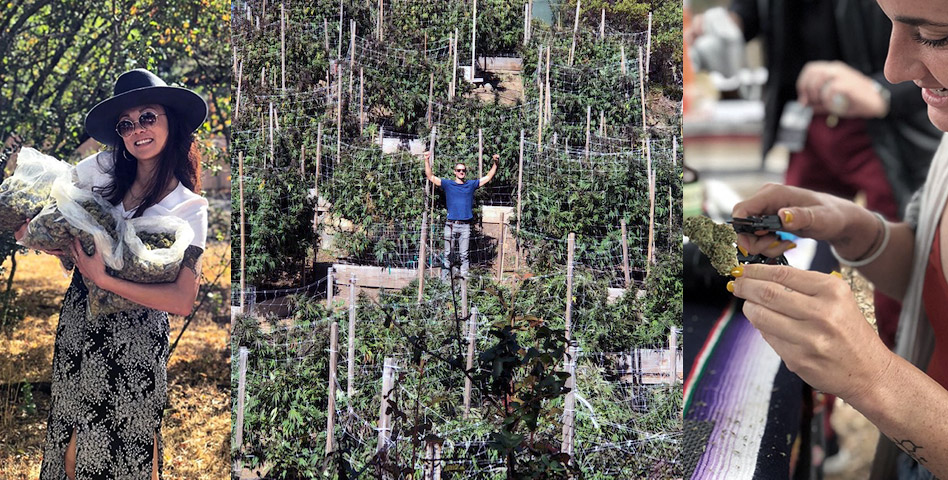
What has been your most rewarding experience thus far working in the cannabis space?
Educating guests about cannabis, the plant. It turns out, there’s been at least one person per tour who has a plant or two they are cultivating and they always have very detailed questions about the plants we show them.
Personally, I’ve grown both indoor and outdoor and so I can answer a lot of questions, however, I surround myself with folks who are much more knowledgeable than I am and I really enjoy watching them interact with our guests as they delve deeply into their conversations
How about the most difficult experience?
In order for HTT to remain compliant, we have to have a Mobile Retail Partner who can continue to get compliant products from licensed distributors. This has proven to be the most challenging aspect: finding a retailer who has inventory which complies with California new packaging rules, which went into effect on July 1st.
As a cannabis tourism company, what is the most important information/experience you want to share with your customers?
Our mission is to provide education and to destigmatize the use of cannabis and change the image of the cannabis consumer, so, we really work hard to bring this message home on all of our Tours.
Experientially we want our guests to have fun while learning about something which they may not have known much about, or, have had preconceived ideas about. By sharing a positive experience with them we can change mindsets.
What tips/advice would you offer to entrepreneurs who are seeking to take part in the cannabis space?
I learned something at a recent industry event in Santa Rosa (the Second Annual Wine and Weed Symposium, which talked about the convergence of the two industries). Specifically: the rules and regulations in California for getting into the Production Supply Chain (California’s Track-and-Trace System) for legal cannabis is arduous, expensive and complicated.
On the other hand, providing ancillary services (like what Levis Strauss did for the Gold Panning 49ers) is much less difficult.
Thanks again Van for sharing your thoughts and experiences! To learn more about Van Solkov and Happy Travelers Tours, visit HappyTravelersWeedTours.com.













